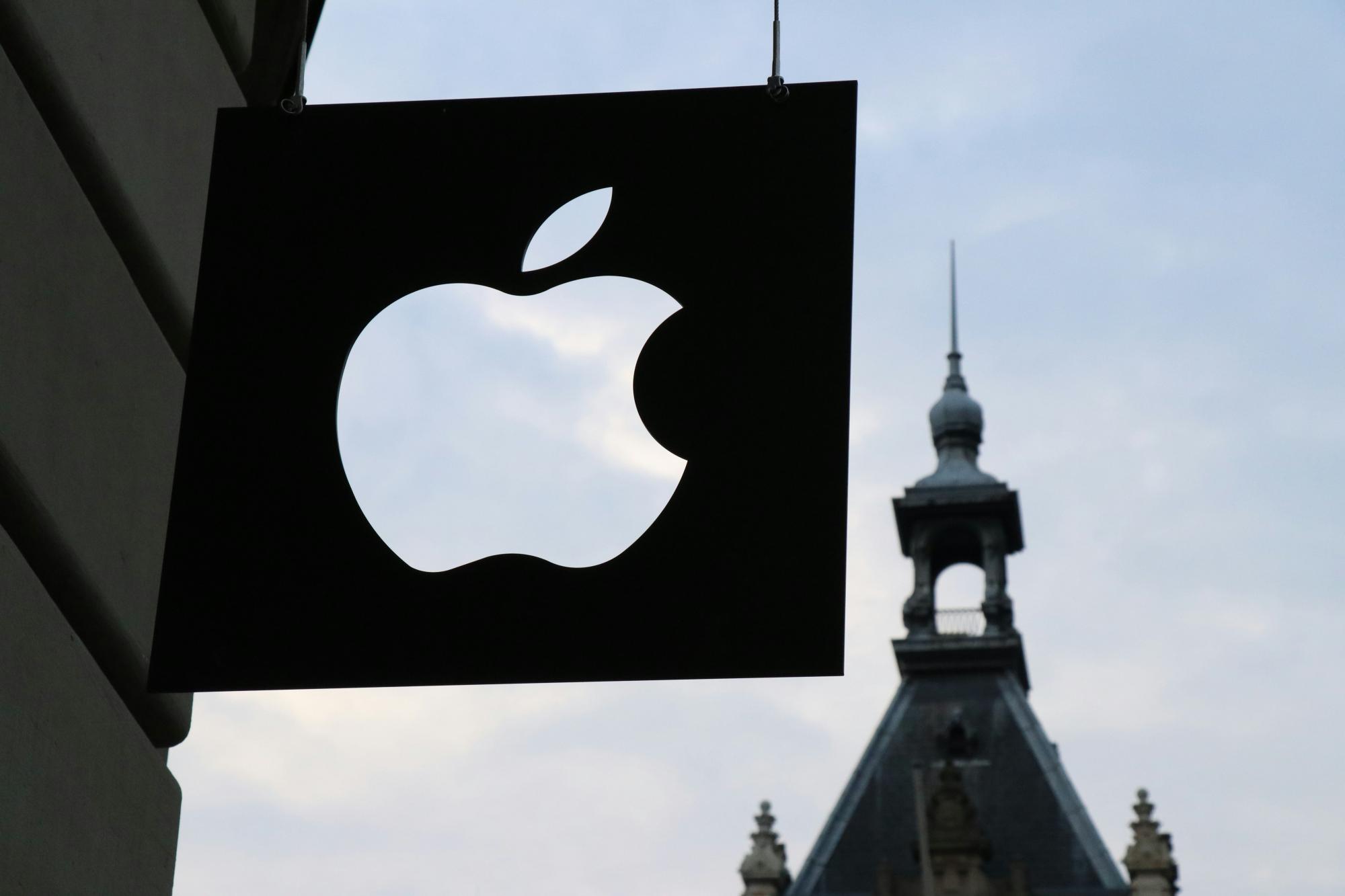Test- FTSE 100 Kicks Off August on a High as BP and Senior Lead Market Momentum
$11
10 Oct 2025, 13:13

Unsplash.com

Apple's first-quarter losses were double digits due to worries about sluggish iPhone demand and regulatory obstacles. However, several analysts on Wall Street recommend closely examining the company because the decline has brought it significantly below historical norms and its core business strategy is still in place.
A "terrible price to pay," according to Bernstein, is not justified by Apple's 11% Q1 decline, which brought its value far below five-year norms. The company is now selling at around 24 times next year's profits.
Bearish wagers have found fertile ground in the slowing iPhone sales, especially in China, which has exacerbated concerns about Apple's company maturing. However, the arrival of the iPhone 16, which is anticipated to have artificial intelligence, may lead to a robust cycle of upgrades.
While AI-powered smartphones are not new, and Apple may be lagging behind, past performance demonstrates that the company can convince its 1.2 million current iPhone customers to upgrade rather than trying to be the first or convince Android users to switch.
"More consumers are changing their phones, which is why Apple does well and has a strong cycle. It's not because they're gaining a lot of new users or switching from Android in a significant way", the experts claimed.
Sales of iPhones hit 230 million units in 2015 and have remained there ever since. Despite the slowing iPhone sales, Apple has managed to maintain double-digit earnings growth over this time.
This implies that concentrating only on Apple's iPhone sales runs the danger of losing sight of services, which are the primary engine of growth.
Services, which include the App Store, licencing fees (paid to Google), and advertising, are a major growth engine for Apple. According to Bernstein estimates, services account for more than 50% of the company's services sales and more than 60% of its gross profits.
However, the policies of Apple's App Store have come under fire, not least in Europe, where politicians now have more power to target large tech companies and compel them to open up their platforms to give consumers more options thanks to a comprehensive new law called the Digital Markets Act.
Yet, the European App Store accounts for a pitiful 7% of the worldwide App Store income and only 1% of Apple's overall revenue. According to Bernstein, the Department of Justice's case in the US is now much "more about trying to open Apple up," but the larger concern is if the same regulatory obstacles materialise there.
(Sources: investing.com, reuters.com)